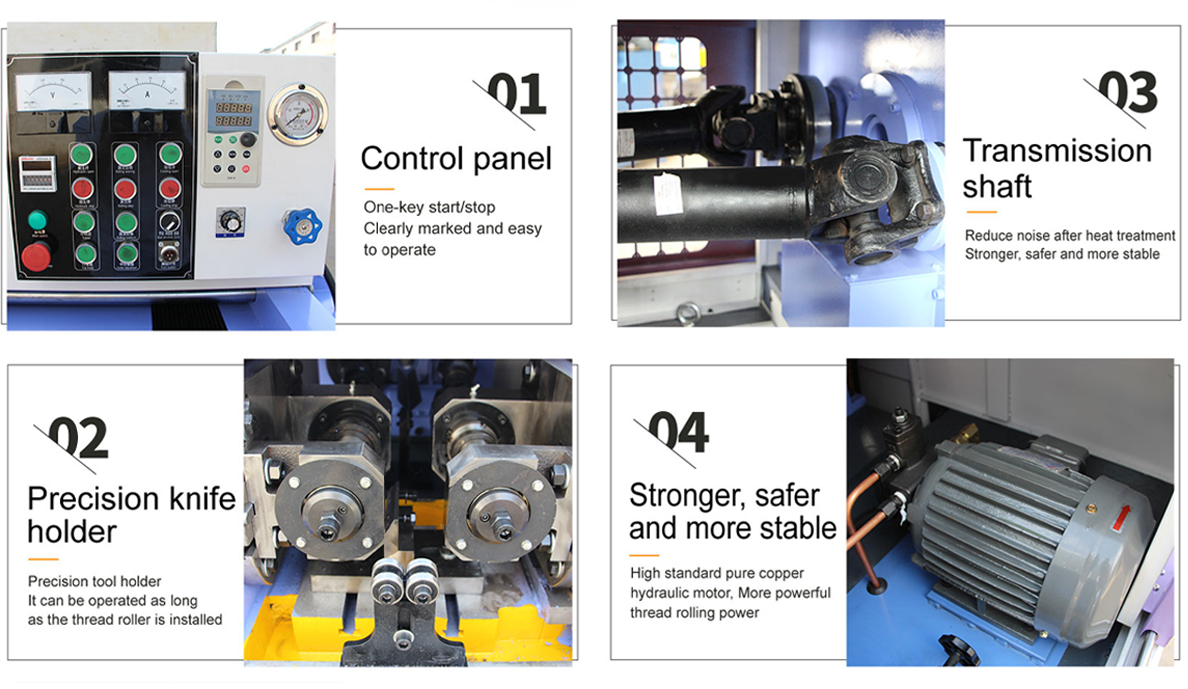
-
 Afrikaans
Afrikaans -
 Albanian
Albanian -
 Amharic
Amharic -
 Arabic
Arabic -
 Armenian
Armenian -
 Azerbaijani
Azerbaijani -
 Basque
Basque -
 Belarusian
Belarusian -
 Bengali
Bengali -
 Bosnian
Bosnian -
 Bulgarian
Bulgarian -
 Catalan
Catalan -
 Cebuano
Cebuano -
 Corsican
Corsican -
 Croatian
Croatian -
 Czech
Czech -
 Danish
Danish -
 Dutch
Dutch -
 English
English -
 Esperanto
Esperanto -
 Estonian
Estonian -
 Finnish
Finnish -
 French
French -
 Frisian
Frisian -
 Galician
Galician -
 Georgian
Georgian -
 German
German -
 Greek
Greek -
 Gujarati
Gujarati -
 Haitian Creole
Haitian Creole -
 hausa
hausa -
 hawaiian
hawaiian -
 Hebrew
Hebrew -
 Hindi
Hindi -
 Miao
Miao -
 Hungarian
Hungarian -
 Icelandic
Icelandic -
 igbo
igbo -
 Indonesian
Indonesian -
 irish
irish -
 Italian
Italian -
 Japanese
Japanese -
 Javanese
Javanese -
 Kannada
Kannada -
 kazakh
kazakh -
 Khmer
Khmer -
 Rwandese
Rwandese -
 Korean
Korean -
 Kurdish
Kurdish -
 Kyrgyz
Kyrgyz -
 Lao
Lao -
 Latin
Latin -
 Latvian
Latvian -
 Lithuanian
Lithuanian -
 Luxembourgish
Luxembourgish -
 Macedonian
Macedonian -
 Malgashi
Malgashi -
 Malay
Malay -
 Malayalam
Malayalam -
 Maltese
Maltese -
 Maori
Maori -
 Marathi
Marathi -
 Mongolian
Mongolian -
 Myanmar
Myanmar -
 Nepali
Nepali -
 Norwegian
Norwegian -
 Norwegian
Norwegian -
 Occitan
Occitan -
 Pashto
Pashto -
 Persian
Persian -
 Polish
Polish -
 Portuguese
Portuguese -
 Punjabi
Punjabi -
 Romanian
Romanian -
 Russian
Russian -
 Samoan
Samoan -
 Scottish Gaelic
Scottish Gaelic -
 Serbian
Serbian -
 Sesotho
Sesotho -
 Shona
Shona -
 Sindhi
Sindhi -
 Sinhala
Sinhala -
 Slovak
Slovak -
 Slovenian
Slovenian -
 Somali
Somali -
 Spanish
Spanish -
 Sundanese
Sundanese -
 Swahili
Swahili -
 Swedish
Swedish -
 Tagalog
Tagalog -
 Tajik
Tajik -
 Tamil
Tamil -
 Tatar
Tatar -
 Telugu
Telugu -
 Thai
Thai -
 Turkish
Turkish -
 Turkmen
Turkmen -
 Ukrainian
Ukrainian -
 Urdu
Urdu -
 Uighur
Uighur -
 Uzbek
Uzbek -
 Vietnamese
Vietnamese -
 Welsh
Welsh -
 Bantu
Bantu -
 Yiddish
Yiddish -
 Yoruba
Yoruba -
 Zulu
Zulu
Affordable Bolt Thread Rolling Machine Price List | High-Quality Thread Rollers
Understanding Bolt Thread Rolling Machine Price Lists
In the manufacturing sector, particularly in fastener production, the bolt thread rolling machine plays a vital role. These machines are essential for shaping threads on bolts and screws, ensuring precision and consistency crucial for industrial applications. Given their importance, it's imperative for manufacturers and suppliers to comprehend how pricing structures work within this niche.
When examining the price list for bolt thread rolling machines, several factors come into play that can influence cost. The following breakdown provides insight into these factors and what potential buyers should consider
1. Type of Machine
The type of bolt thread rolling machine significantly impacts its price
. There are several designs available, including flat die, round die, and multi-station machines. Flat die machines are typically less expensive and suitable for small-scale operations, while multi-station machines, which can produce more complex threads at a higher volume, command a higher price due to their advanced technology and increased productivity.2. Capacity and Size
The capacity of the machine—how many bolts it can produce per hour—also affects pricing. Larger machines typically come with a higher price tag but offer better efficiency and output. Buyers must assess their production needs to find a balanced solution that meets requirements without overspending on unnecessary capacity.
3. Material and Construction Quality
The materials used in the construction of the machine are another determining factor in its cost. High-quality materials typically result in better durability and performance, leading to longer machine life and lower maintenance costs. Investing in a machine built with high-grade components can be more economical in the long run, even if the initial purchase price is higher.
bolt thread rolling machine pricelist

4. Automation and Technology
Modern machines often come equipped with automation features and advanced technology that can significantly increase production efficiency. While these machines might have a higher upfront cost, the savings on labor and increased output can justify the price. Buyers should consider the long-term return on investment (ROI) when evaluating the cost of features like programmable controls and automatic feeders.
5. Brand Reputation and Support Services
The manufacturer’s reputation is crucial when assessing bolt thread rolling machine prices. Established brands often charge a premium due to their proven reliability, customer support, and warranties. On the other hand, lesser-known brands may offer lower prices but could lack the same level of support and service, which could be a risk for businesses reliant on these machines.
6. Market Trends and Competitor Pricing
Finally, staying informed about market trends and competitor pricing can aid buyers in negotiating better deals. As technology evolves, prices may fluctuate, and new entrants may disrupt existing pricing structures. Therefore, frequent market analysis can help buyers make informed purchasing decisions.
Conclusion
In conclusion, the price list for bolt thread rolling machines reflects various factors, including machine type, capacity, material quality, technology, brand reputation, and market trends. For manufacturers, making an informed decision requires a thorough understanding of these aspects to ensure they select a machine that meets their operational needs while being cost-effective. Investing wisely in thread rolling machinery can lead to improved productivity and profitability in the long run.
